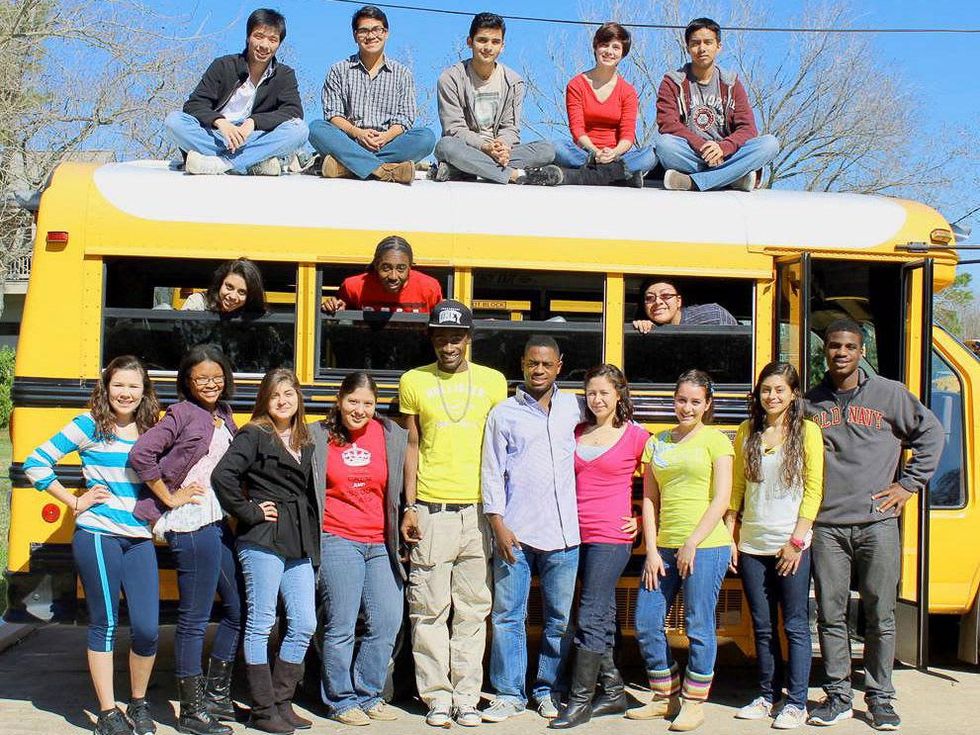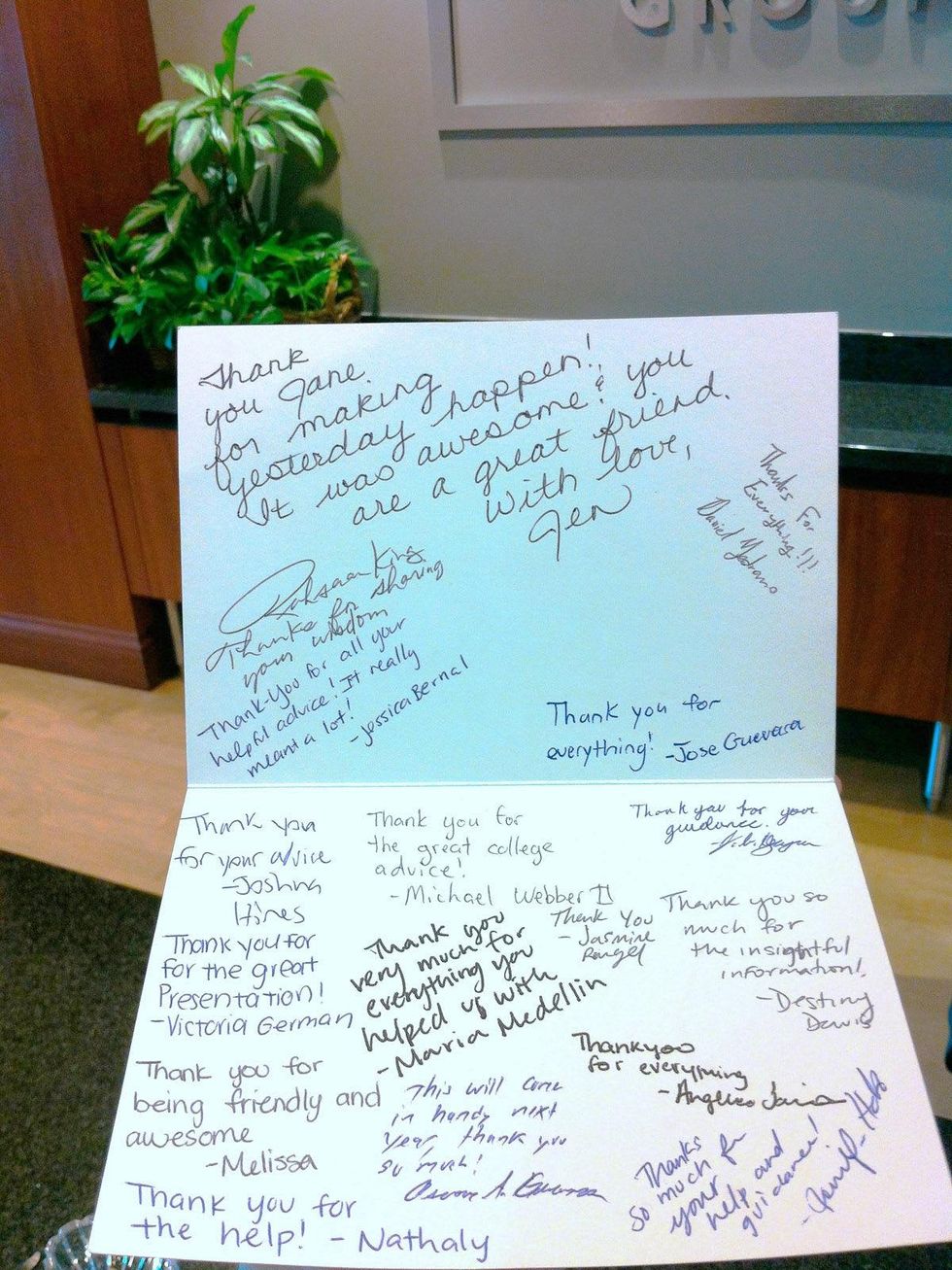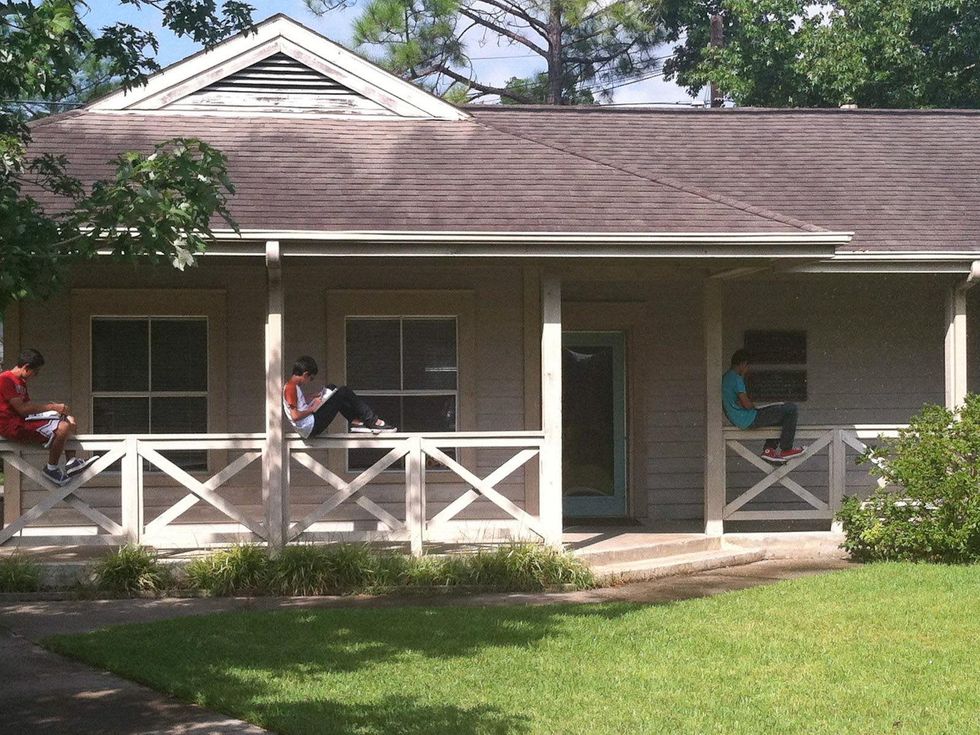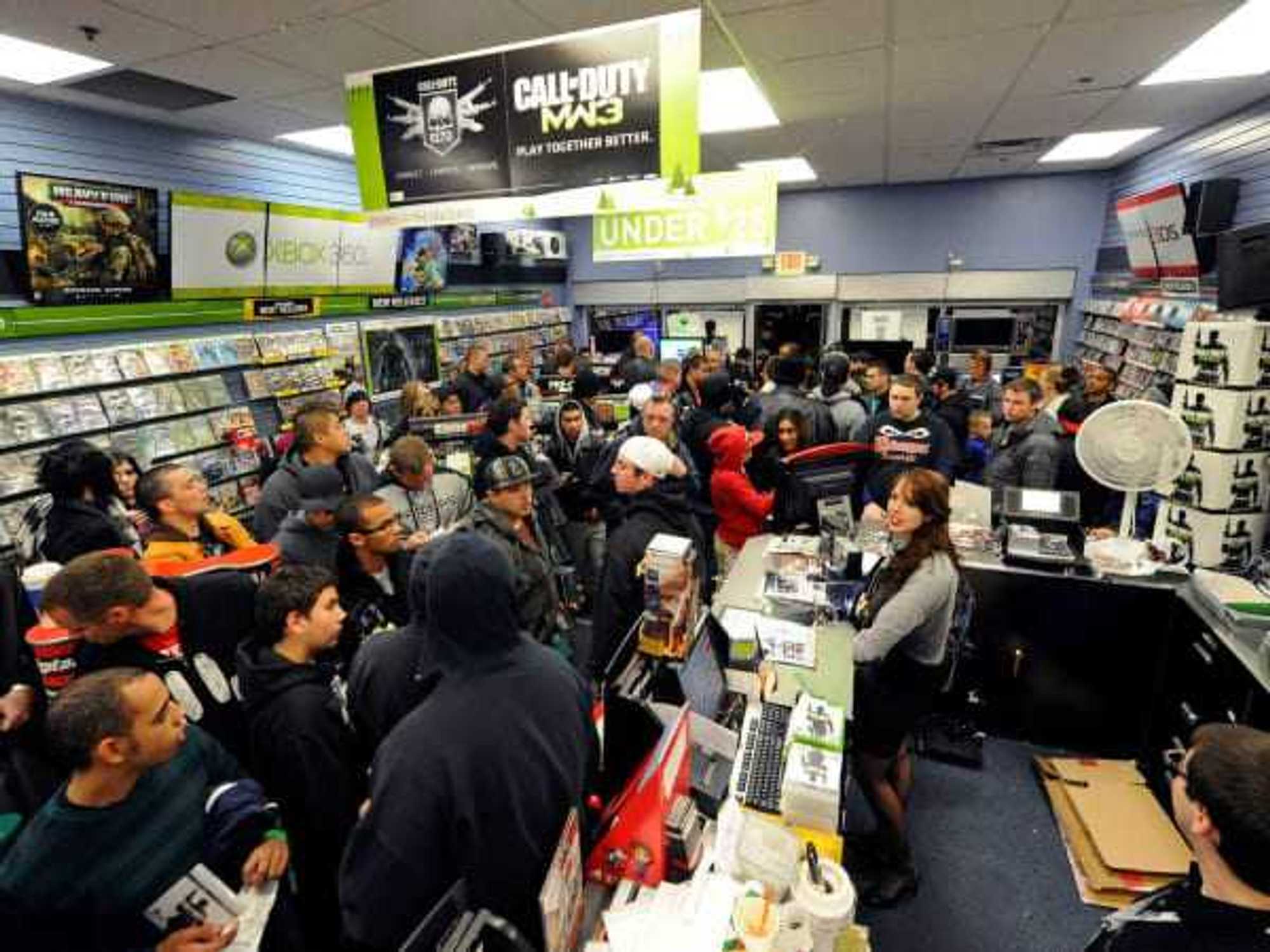Lessons learned
Trading lessons with high school seniors at Chinquapin includes 10 tips for college success
In your professional life, sometimes you get the gold star: the choice assignment that makes you feel excited, re-energized and just darn lucky.
For me and colleagues at The Alexander Group, it was the opportunity to address the graduating class at Chinquapin Preparatory School on college and careers.
Sometimes in teaching to others, you remind yourself of things you were taught long ago but need to re-embrace. And even more importantly, sometimes in giving you receive much more than you give. But I am getting ahead of myself.
Sometimes in teaching to others, you remind yourself of things you were taught long ago but need to re-embrace.
Chinquapin, founded in 1969, provides college-preparatory education for youth from low-income families in the Houston area. Virtually all of its students attend college and many go on to make memorable contributions in their chosen field. This year’s graduating class includes its first student admitted to Harvard, as well as students headed to Drexel, Rice, and St. Edwards, among other well regarded schools.
And what a special group of students we met. Some of today’s high school students come off as sullen and entitled. Not these kids.
These students really touched me. Each of them walked in the room and extended their hand in a firm handshake while making eye contact as they introduced themselves. And believe me, there are some executives today who lack these skills.
But more than that, this group of students did not take their future for granted. They knew that Chinquapin had given them an opportunity that their parents didn’t have and couldn’t give.
I could sense their excitement and a little anxiety about going to college—some had to buy a coat for the first time in their life. I felt that they would not waste this opportunity.
"Aha" moments
We divided the seminar into three parts. In the first part, we gave the students a personality test similar to a Myers-Briggs test, which gave them their first objective indication of how they perceive the world and how they make decisions.
As most of you know, the Myers-Briggs prototype divides people into 16 psychological types divided among four groups: extroverts versus introverts; those who intuit as opposed to those who sense; thinkers versus feelers and those who judge versus those who perceive.
It was so much fun to see the “aha” moment as students realized that the reason they connected with some of their fellow students was their shared psychological traits.
In our first exercise, we grouped students by personality type. It was so much fun to see the “aha” moment as students realized that the reason they connected with some of their fellow students was their shared psychological traits: “I see why I relate to Jasmine…she and I like to observe.”
Even more revealing was our second exercise, in which we placed groups of four students with different personality types together and asked how they would use what they learned to be an effective project team.
While some openly said they would prefer working with others more similar to themselves, after discussion, we started hearing, “I can see how Rahsaan would add to my team—he will take sell the project while I take care of the details.”
Ah, the lesson of diversity and synergism. Just one of many they will learn in their career.
Lessons for college, lessons for life
For the second part of the seminar, we came up with 10 tips for a successful college experience. Many of the students don't have relatives who attended college, so we provided a list for them to take with them:
- Join a club, a group, a team, and be a part of something
- Celebrate the highs, but expect the lows, too
- Leave your door open
- Don’t lose sight of your long term goals
- Seize the opportunities that will broaden your horizons
- Ask for help
- Find a personal cheerleader and mentor
- Avail yourself to resources
- You’re free at last! (But nothing is free)
- Make lasting memories!
While most of these are fairly explanatory, a few bear elaboration. The reason many students find their first year of college so difficult—especially those who attend schools where they don’t know other students and those who attend huge universities—is that they do not find a way to make a large school small. This would be especially important for this graduating class of 18, who are close to each other and Chinquapin’s caring faculty.
What do I mean by making your school seem small? If you attend a 25,000-student school, what can you do to make it smaller? Join in! Bond with fellow dormitory residents; join a study group; join a fraternity or sorority; join a club or group within your own school of major. One of our strongest needs is the need to belong, and one of our obvious sources of sadness is when we feel excluded.
We encouraged the students to establish long-terms goals, one which is to become self-supporting members of society while not missing the opportunity to broaden their horizons. This is a delicate balancing act because while you may have a passion for art history, maybe you also include accounting, media or information technology courses that would serve as a vocation, even if is not your passion.
And while we are on that subject, we encouraged the students to ask for help in making those selections. Most colleges have career counselors, faculty and student advisers, whose job it is to help.
What's your elevator pitch?
We devoted part three of the seminar to elevator pitches. How will you introduce yourself to your new friends, roommates and classmates? The people you will meet know nothing about you, and you get to choose what they will learn about you. What will it be?
We left the students with a final exercise: Write on a piece of paper what you expect from college—what are you most excited about and what is causing you the most anxiety?
We had each student pretend to be placing a call to his or her new roommate and introducing himself or herself. At first, the calls were awkward: “Hello, I’m your roommate, I’m from Houston.”
We talked about what made each student unique, and as the students warmed to the task, a light went on, and the pretend calls became, “Hello, I’m . . . and I’m from Houston. I am really interested in computers, so if I can help you set up your computer when we get to school, I am happy to do so.” Ah, what a great feeling to witness learning.
We left the students with a final exercise: Write on a piece of paper what you expect from college—what are you most excited about and what is causing you the most anxiety? We asked them to sign it and include an email address, with the idea that we will send their responses back to them this time next year.
We will have this special group of students in our hearts and on our minds come September, when they use the wonderful foundation that Chinquapin has provided them as they make their way into a new world. We are rooting for them. Go, Chinquapin 2013!



